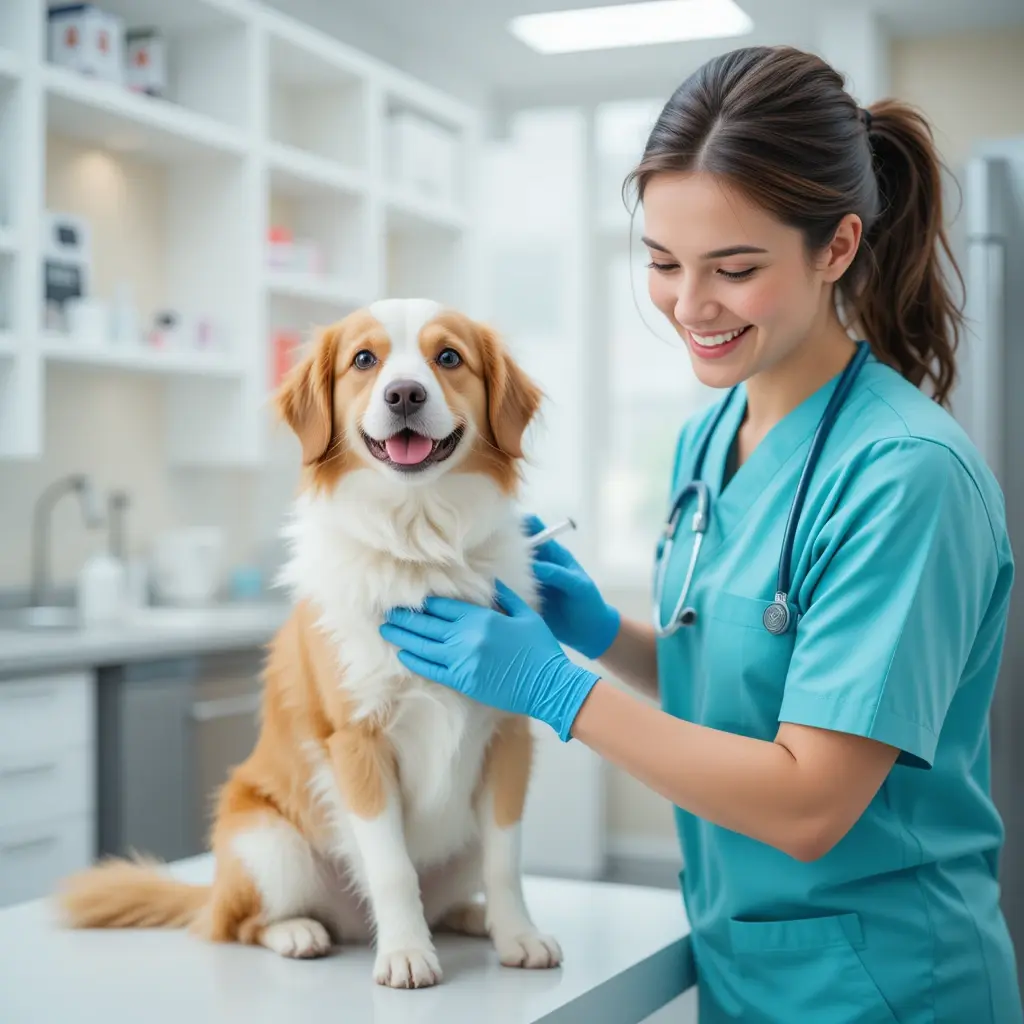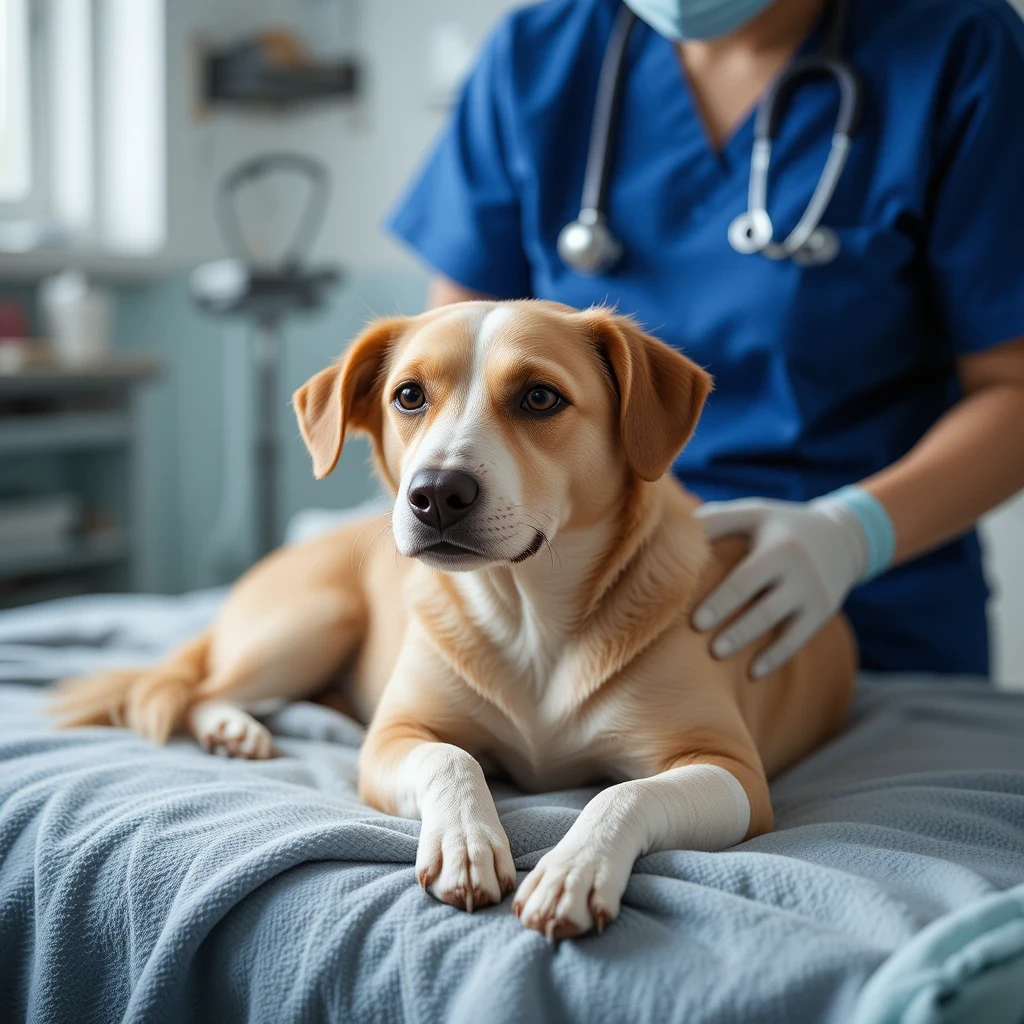
Introduction
Pet parents want nothing more than to keep their furry companions safe, healthy, and by their side for many happy years. One of the most effective — and often underestimated — ways to do that is through proper vaccination. Vaccines don’t just shield pets from serious diseases; they also help protect entire communities, prevent costly treatments, and even save lives. In this guide, we’ll explore how pet vaccinations work, why they matter, and what every responsible owner needs to know.
Understanding How Vaccines Work
Vaccines prepare your pet’s immune system to recognize and fight off dangerous viruses and bacteria before they cause illness. By introducing a harmless form of the pathogen, the body learns to produce antibodies. This means that if your pet is ever exposed to the real threat, their immune system can respond quickly and effectively.
For dogs and cats alike, vaccines are not optional add-ons; they are a cornerstone of preventive veterinary care.
Core vs. Non-Core Vaccinations
Veterinarians typically classify vaccines into two categories:
Core Vaccines
These are essential for every pet, regardless of lifestyle or location.
Dogs: Rabies, Distemper, Parvovirus, Adenovirus
Cats: Rabies, Feline Herpesvirus, Calicivirus, Panleukopenia
These vaccines protect against widespread and potentially deadly diseases.
Non-Core Vaccines
These are recommended based on a pet’s individual risk factors, such as travel habits, environment, or exposure to other animals.
Dogs: Bordetella (kennel cough), Leptospirosis, Lyme disease
Cats: Feline Leukemia (FeLV), Chlamydophila
Discussing these options with your vet ensures your pet gets the right protection without unnecessary shots.
The Broader Impact of Pet Vaccinations
Vaccines don’t just protect your own pet — they create a shield for others, too.
Public Safety: Rabies vaccines protect humans and animals from a disease that is almost always fatal once symptoms appear.
Community Immunity: When enough pets are vaccinated, the spread of contagious diseases slows dramatically.
Financial Savings: Treating preventable illnesses is often far more expensive — and emotionally stressful — than preventive care.
Timing and Boosters: Staying on Track
Puppies and kittens need a series of vaccinations early in life, followed by booster shots to maintain protection. Adult pets require regular updates, which your veterinarian will schedule based on age, lifestyle, and local regulations. Skipping boosters can leave pets vulnerable, even if they were protected in the past.
Common Concerns and Myths
Some pet owners worry about side effects or question whether vaccines are still necessary. While mild, temporary reactions — like slight soreness or drowsiness — can occur, serious complications are extremely rare compared to the risks of unvaccinated exposure. Modern veterinary vaccines are rigorously tested for safety and efficacy, and vets tailor them to your pet’s individual needs.
Conclusion
Vaccinations are more than routine appointments; they are a powerful shield, guarding not just your pet’s health but also the well-being of other animals, your family, and your community. By working with your veterinarian to create a personalized vaccination plan, you’re ensuring a longer, healthier, and safer life for your beloved companion. When it comes to preventive care, vaccines remain one of the simplest, safest, and most vital choices you can make.


